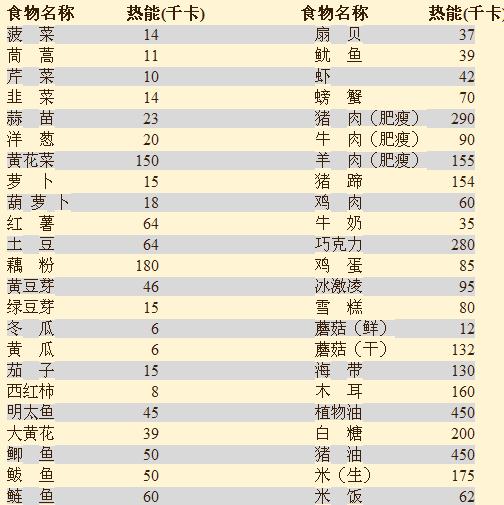China will impose harsh punishments on those who improperly handle medical waste in a bid to reduce pollution and protect public health.
The National Health and Family Planning Commission says companies or government units that illegally collect, store, transport and handle medical waste will have their licenses revoked and will be heavily fined.
Stricter controls will be imposed on medical waste disposal companies. Substandard waste disposal facilities will be shut down. Those involved in environmental pollution crimes will be transferred to police authorities.
The commission has also urged local authorities to establish a sound price system for medical waste procurement and improve their hazard-free disposal of medical waste.
You're listening to NEWS Plus Special English, I'm Mark Griffiths in Beijing. Now the news continues.

Some of the largest food companies in the United States have cut calories in their products by nearly 6 and a half trillion.
A new study sponsored by the Robert Wood Johnson Foundation found that between 2007 and 2012 the companies reduced their products' calories by an equivalent of around 78 calories per person per day. The total is more than four times the amount those companies had pledged to cut by next year.
Seventy-eight calories would be about the same as an average biscuit or a medium apple, and the federal government estimates an average daily diet at around 2,000 calories. The study says the calories cut averaged out to 78 calories per day for the entire U.S. population.
Lisa Gable of the Healthy Weight Commitment Foundation says the study's findings exceeded their expectations.
She says the companies achieved the goal by coming together and also competing to make new lower-calorie foods. Market studies have shown that many of the healthier foods have outperformed other products.
Gable says this is a very significant shift in the marketplace.












